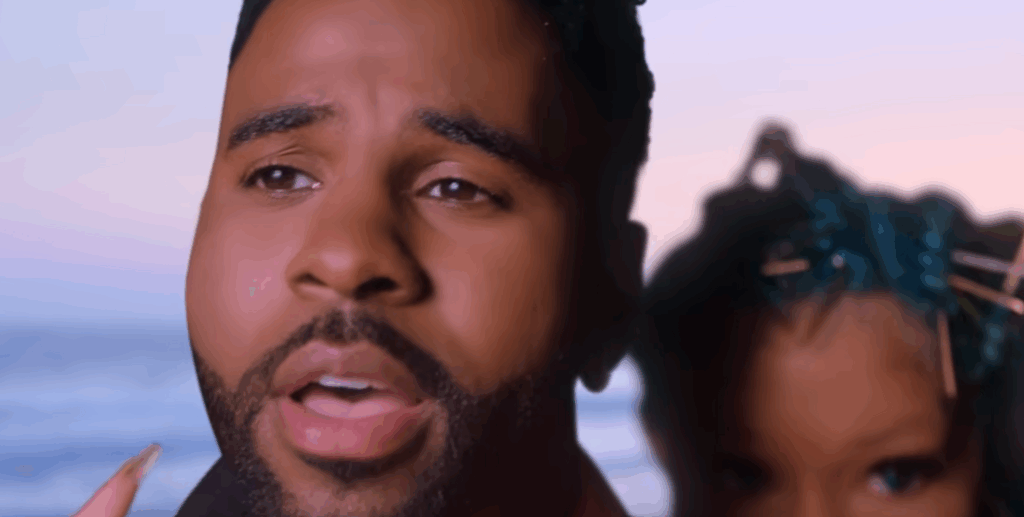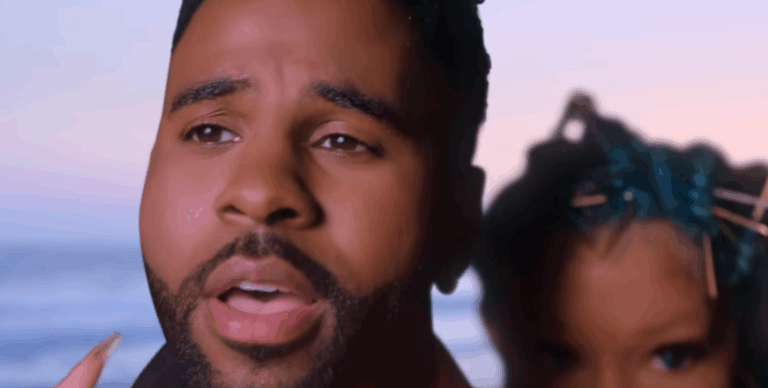Jason Derulo has created an empire that defies the conventional narrative of a pop artist over the past ten years, in addition to performing chart-topping singles. Although he is best known for his amazing dance moves and memorable songs like “Wiggle” and “Talk Dirty,” his true tactic is strategic diversification. By purposefully directing his career in several directions, Derulo has created a highly successful income structure that is becoming more and more respected by colleagues.
| Full Name | Jason Joel Desrouleaux |
|---|---|
| Stage Name | Jason Derulo |
| Date of Birth | September 21, 1989 |
| Birthplace | Miramar, Florida, USA |
| Nationality | American (Haitian descent) |
| Height | 6’0” (184 cm) |
| Net Worth (2025) | Estimated $16 million (conflicting sources up to $100M) |
| Occupations | Singer, Songwriter, Dancer, Actor, Entrepreneur |
| Major Hits | “Whatcha Say,” “Talk Dirty,” “Wiggle,” “Savage Love” |
| Active Since | 2006 (career debut), 2009 (solo debut) |
| Major Businesses | Rocket Carwash, Bedlam Vodka, Rumble Boxing |
| Social Reach | 59M TikTok, 35M Instagram, 33M YouTube subscribers |
| Reference | Celebrity Net Worth |
Derulo took advantage of his commercial momentum early on after first becoming well-known through a series of radio anthems. He created the financial framework that enabled him to grow by putting out singles that brought him eleven platinum certifications. These songs were strategic products designed with cross-platform virality in mind, not just hits. For example, “Savage Love” went viral because of TikTok, a platform Derulo uses with remarkable clarity and purpose.
The discourse surrounding Derulo has changed during the last ten years. He is increasingly seen as a calculating entrepreneur rather than just a performer. His car wash chain, Rocket Car Wash, for instance, is worth an astounding $2 billion. It’s interesting that Derulo calls it a “unsexy business,” but its earnings surpass those from his music. This shift to more conventional industries, which is reminiscent of the Netflix and Spotify subscription models, is especially creative and a sign of a larger economic revolution driven by celebrities.
Derulo’s real estate decisions are also instructive. He is accumulating wealth through appreciating assets and owns several homes in California, including a lavish property in Encino worth $3.6 million. The change is particularly significant for a singer who previously acknowledged that she was raised in poverty and subsisted on sugar water. His $1.75 million Coconut Creek mansion, which he later sold for $2 million, is a testament to both success and sound financial management.
With his music, Derulo is still making money. His self-titled debut album brought in over $572,000, and subsequent albums such as Future History and Talk Dirty did the same. His Spotify stream count, which averages over 31 million monthly listeners, provides consistent royalties in addition to album sales. This simplified revenue model is very effective when combined with a lot of touring, especially as he moves from traditional contracts to independent deals.
What is remarkably consistent throughout Derulo’s endeavors is his aptitude for spotting scalable, repeating models. Derulo thinks like a startup founder, whether it’s investing in Rumble Boxing and Bedlam Vodka or monetizing TikTok with sponsorships that are estimated to be worth $750,000 per post. His brand ambassador agreement with LVL XIII Clothing and sponsorship with Zumba demonstrate a clever fusion of fashion, digital culture, and health—all of which are currently undergoing rapid expansion.

Derulo joins the likes of Jay-Z, whose portfolio includes everything from champagne to streaming services, and Rihanna, who made Fenty a billion-dollar brand, in the realm of celebrity entrepreneurship. Derulo’s playbook, however, has a distinctively Gen Z vibe. He has made his brand highly adaptable and future-proof by fusing entertainment with lifestyle and tech-related sectors.
Social media is still a key component of his approach. With more than 8 billion views, his YouTube channel generates an estimated $7.94 million in ad revenue each year. You can see how his influence goes beyond music when you combine that with the fact that he is one of the top 20 most followed accounts on TikTok. In contrast to musicians from previous decades, Derulo is creating an ecosystem rather than merely a fan base.
He is subtly creating a blueprint for longevity by incorporating his brand into several business facets. His videos maintain attention, his investments yield profits, and his music opens doors. In a time when celebrity can come and go, Derulo’s model is especially enduring. By forming strategic alliances, such as co-owning the record label Future History, he has paved the way for up-and-coming artists and expanded his legacy beyond singles.
He has foresight even in his acting career. Derulo, who plays Ronald Isley in Spinning Gold and was cast as Rum Tum Tugger in the live-action Cats, is aware of the value of multi-platform visibility. Although acting may not pay the most up front, it broadens his audience and strengthens his reputation.
Even though Jason Derulo’s story is glitzy with celebrity, it also provides a useful example of economic agility. He moves with unusual ease between entertainment and business. When compared to peers like Drake or Justin Bieber, his $16 million net worth may appear modest, but the structure of his wealth is more varied and, in many respects, more replicable. His strategy is very clear for aspiring creators: create, scale, reinvest.
By utilizing digital channels, supporting “unsexy” companies, and maintaining constant visibility, Derulo has built a successful career. His playbook is especially helpful for up-and-coming artists and influencers because it emphasizes creating a network of revenue streams that support one another rather than focusing on a single hit.
Jason Derulo’s net worth is a reflection of how contemporary fame functions rather than merely a monetary amount. More interesting than album charts is his ability to go from TikTok dances to billion-dollar valuations. A larger trend among entertainers who are now expected to be entrepreneurs as much as artists is reflected in this story of reimagining, foresight, and perseverance.


